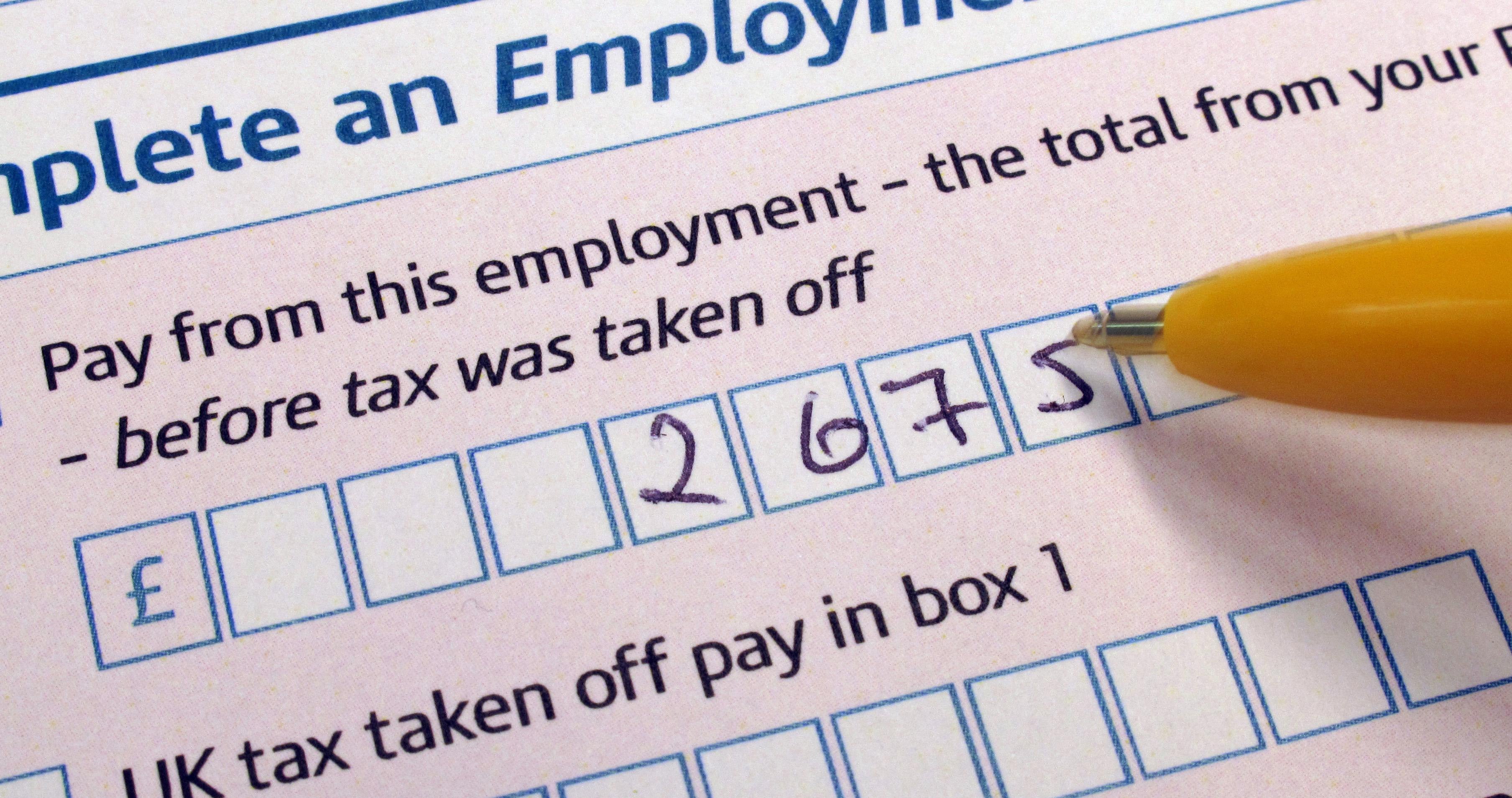Late tax return penalties will be waived for a month due to Covid-19 pressures
HM Revenue and Customs said it is giving self-assessment taxpayers more time to ease the pressures caused by the pandemic.

Your support helps us to tell the story
From reproductive rights to climate change to Big Tech, The Independent is on the ground when the story is developing. Whether it's investigating the financials of Elon Musk's pro-Trump PAC or producing our latest documentary, 'The A Word', which shines a light on the American women fighting for reproductive rights, we know how important it is to parse out the facts from the messaging.
At such a critical moment in US history, we need reporters on the ground. Your donation allows us to keep sending journalists to speak to both sides of the story.
The Independent is trusted by Americans across the entire political spectrum. And unlike many other quality news outlets, we choose not to lock Americans out of our reporting and analysis with paywalls. We believe quality journalism should be available to everyone, paid for by those who can afford it.
Your support makes all the difference.The taxman is waiving late filing self-assessment penalties for one month, giving people extra time if needed to complete their 2020/21 tax return and pay any tax due.
Covid-19 is affecting the capacity of some people to meet their obligations in time for the January 31 deadline, HM Revenue and Customs (HMRC) said.
It is encouraging people still to file and pay on time if they can.
The penalty waivers mean that anyone who cannot file their return by January 31 will not receive a late filing penalty, provided they file online by February 28.
Anyone who cannot pay their self-assessment tax by January 31 will not receive a late payment penalty if they pay their tax in full, or set up a time to pay arrangement, by April 1.
The time-to-pay service allows people or businesses needing the option to spread their tax payments over time. Self-assessment taxpayers with up to £30,000 of tax debt can do this online once they have filed their return.
Just over half of those who are due to submit their return by the January 31 deadline have already done so.
Of the 12.2 million taxpayers who need to submit their tax return, nearly 6.5 million have done so already. This leaves around 5.7 million who still need to submit returns.
Interest will be charged from February 1 on any amounts outstanding, as usual, so it is still better to pay on time if possible, HMRC said.
Angela MacDonald, HMRC’s deputy chief executive and second permanent secretary, said: “We know the pressures individuals and businesses are again facing this year, due to the impacts of Covid-19.
“Our decision to waive penalties for one month for self-assessment taxpayers will give them extra time to meet their obligations without worrying about receiving a penalty.”
Lucy Frazer financial secretary to the Treasury said: “We recognise that Omicron is putting people under pressure, so we are giving millions of people more breathing space to manage their tax affairs.
“Waiving late filing and payment penalties will help ease financial burdens and protect livelihoods as we navigate the months ahead.”
The 2020/21 tax return covers earnings and payments during the pandemic. Taxpayers will need to declare whether they received grants or payments from Covid-19 support schemes up to April 5 2021 on their self-assessment, which are taxable, HMRC said.
People should also watch out for tax-related scams, which can be rife in the run-up to the self-assessment deadline.
They should always type in the full online address – www.gov.uk/hmrc – to get the correct link for filing their self-assessment return online securely and free of charge, HMRC said.
Its figures also show that 33,467 tax returns were filed on New Year’s Eve and a further 14,231 tax returns were filed on New Year’s Day.
Frank Haskew, head of taxation strategy at the ICAEW (the Institute of Chartered Accountants in England and Wales), said: “We have been urging HMRC to give self-assessment taxpayers and their agents more time, so we are very pleased with this decision which will help people and tax agents who are dealing with continued disruption caused by Covid-19.”
The Chartered Institute of Taxation (CIOT)’s director of public policy John Cullinane said: “Today’s announcement shows HMRC have listened and acted on the concerns of our tax adviser members who report increased pressures on their workloads and significant staff absences because of the impact of the Covid pandemic, particularly the Omicron variant which is widespread during the peak filing period.”
He added: “Taxpayers should beware that this is not a deferral of the tax return deadline itself. Where possible, taxpayers should continue to file their return and pay any tax due by January 31, as interest will still accrue from February 1.”